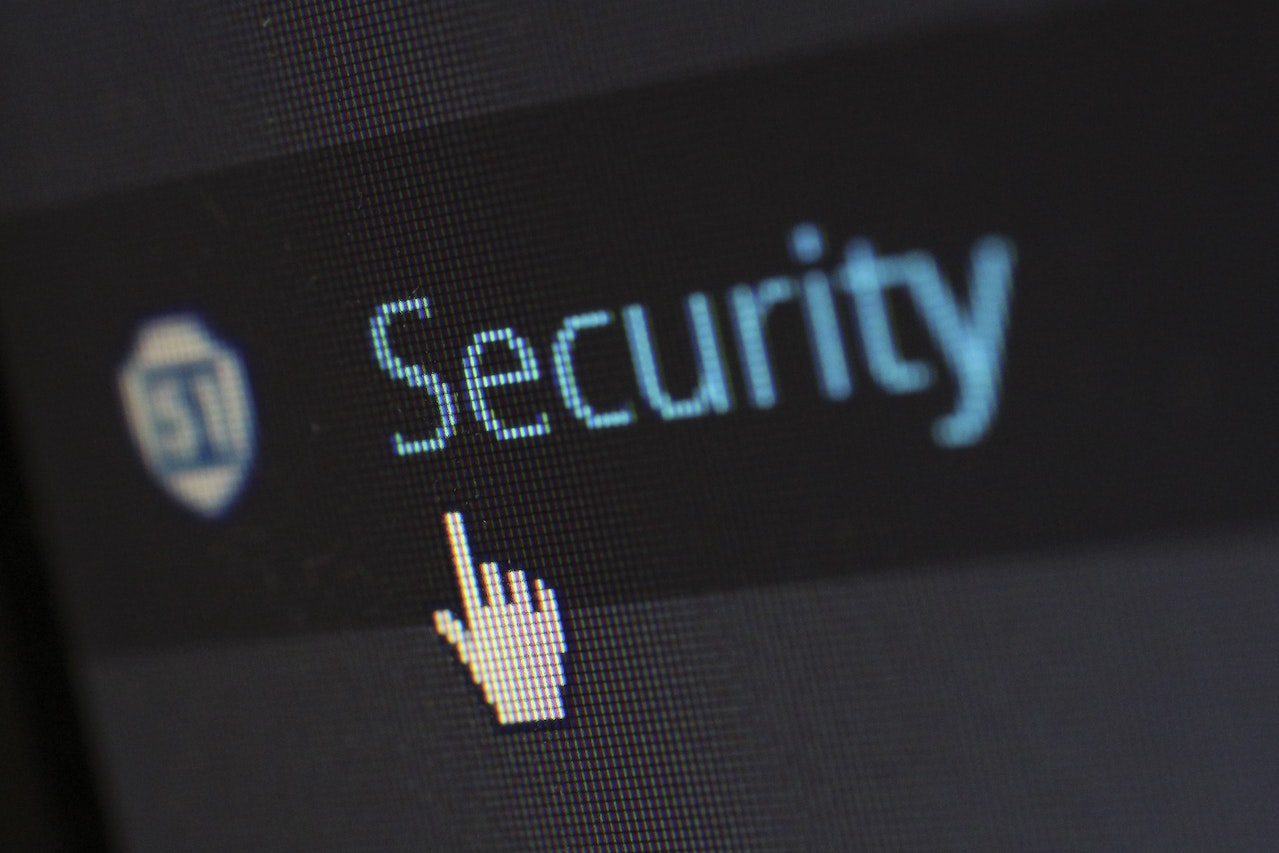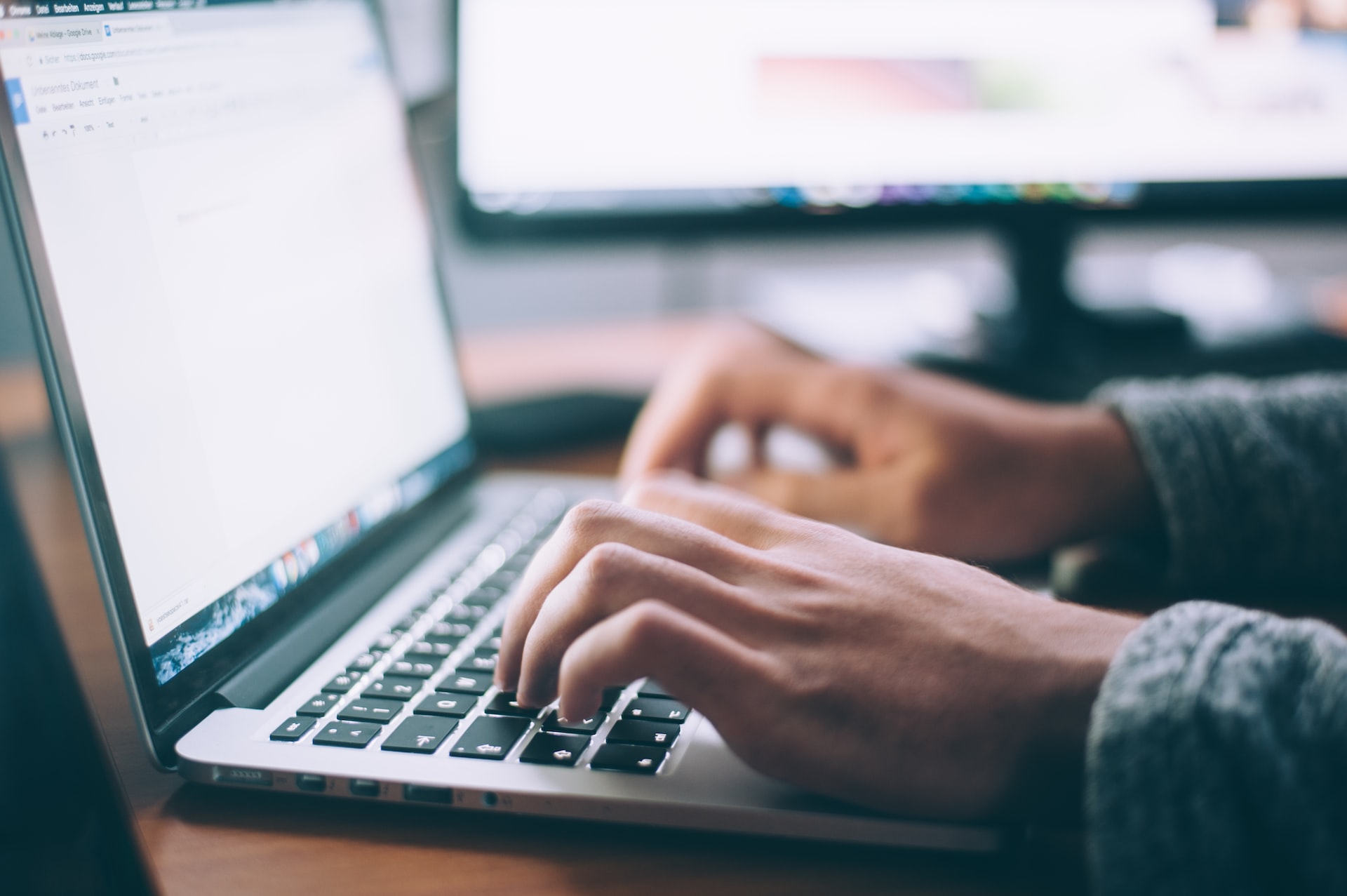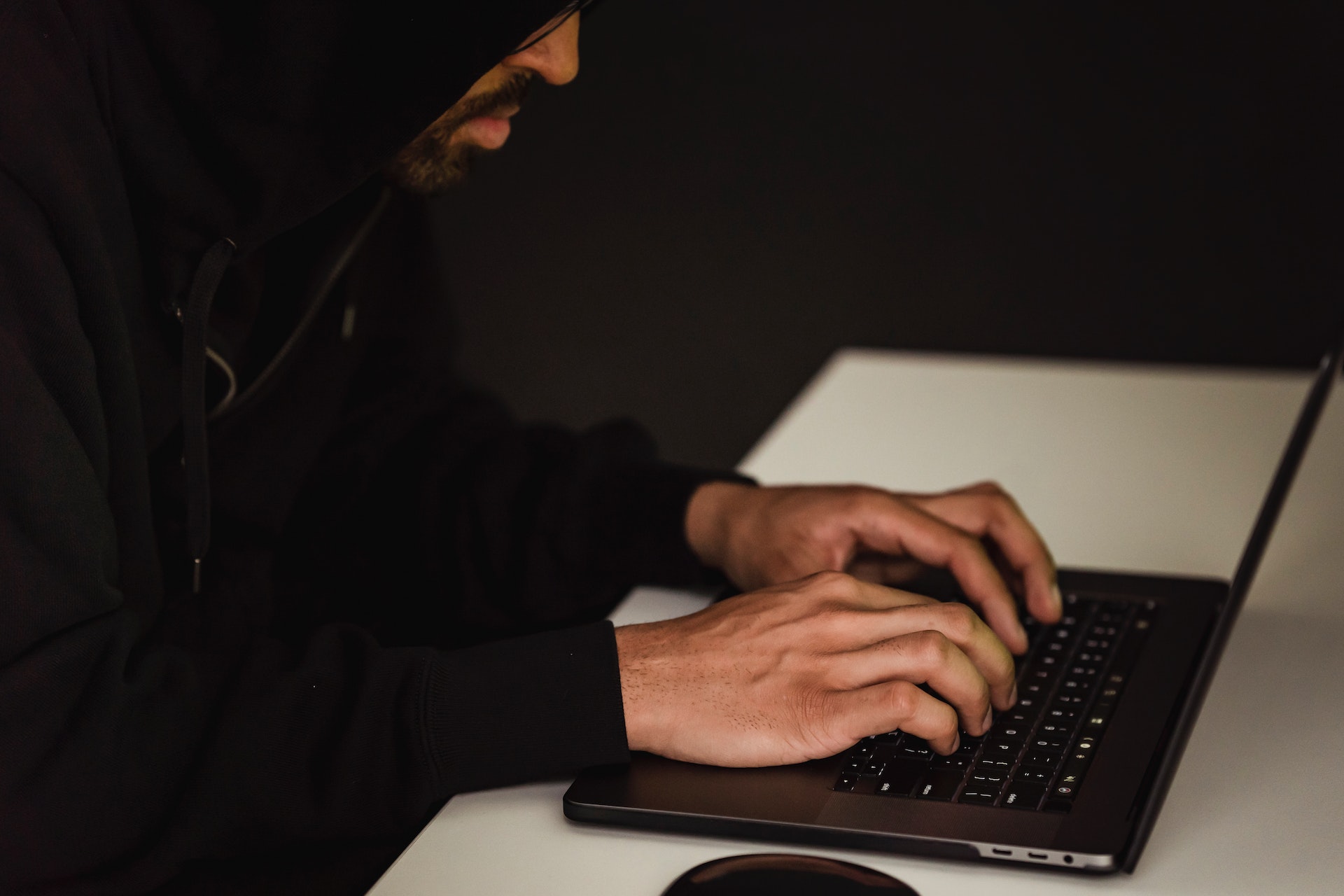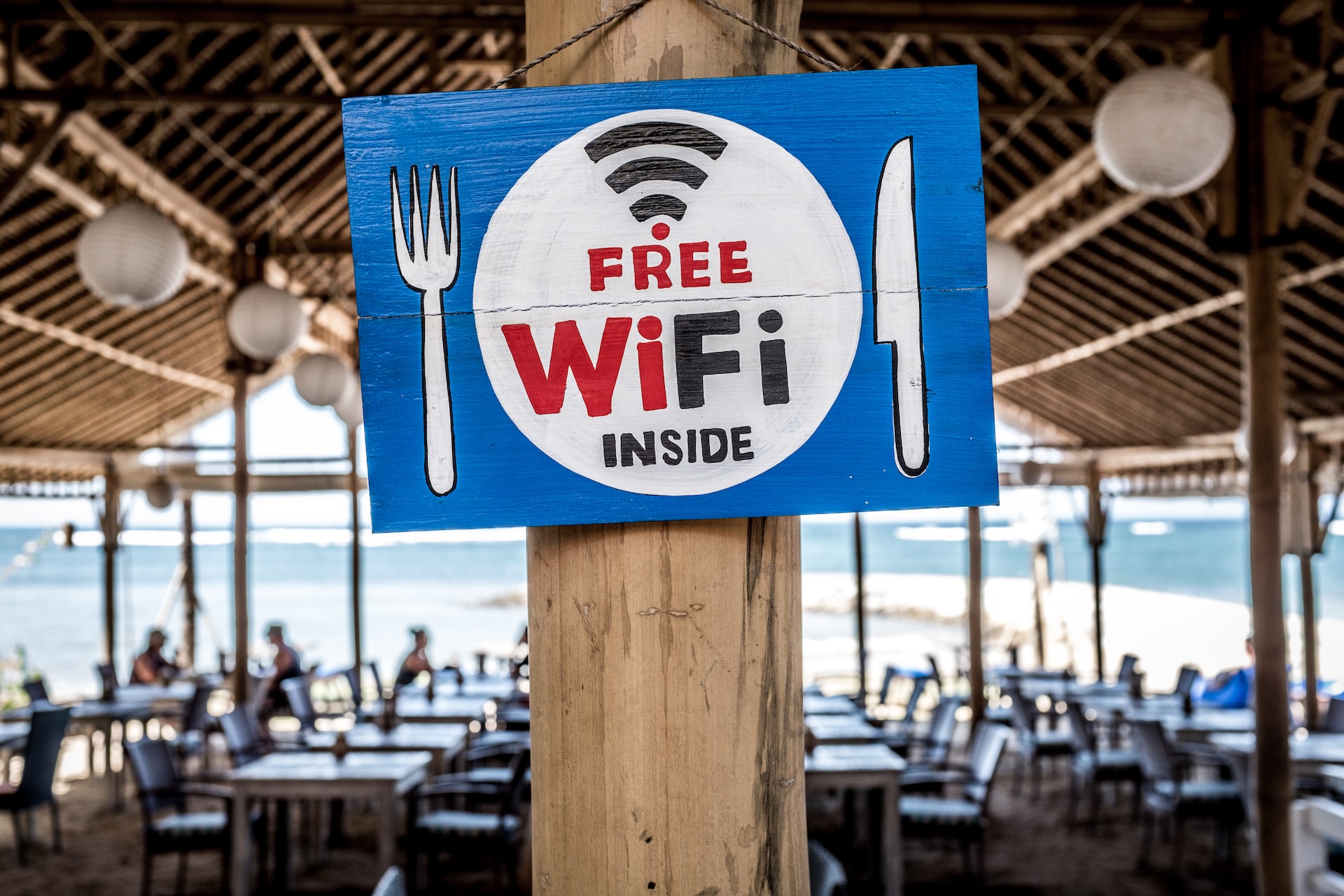Email has become an essential tool for communication and collaboration in the digital age, but with the convenience of email comes the risk of privacy breaches. With so much of our personal and professional information being shared through email, it’s important to take steps to protect your inbox and keep your information safe.
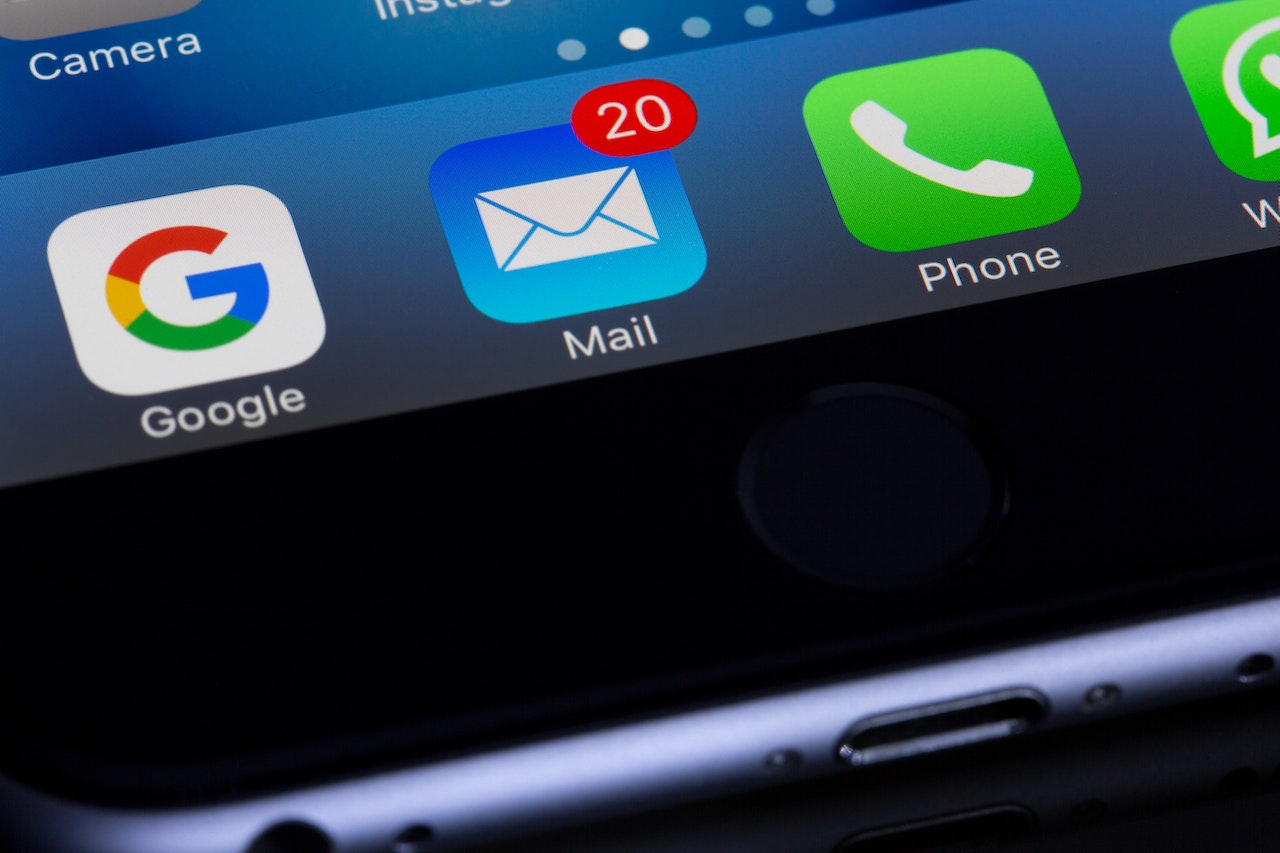
In this article, we’ll share some of the best privacy tips for email to help you secure your inbox and protect your information.
Use a secure email service
One of the most important things you can do to protect your email privacy is to choose a secure email service. Look for an email service that offers encryption for both sending and receiving messages, as well as other security features like two-factor authentication and spam filters. Some examples of secure email services include ProtonMail, Hushmail, and Tutanota.
Use strong and unique passwords
Another key to email security is using strong and unique passwords for your email accounts. A strong password should be at least 8 characters long and include a mix of upper and lower case letters, numbers, and special characters. Avoid using common words or phrases, and don’t use the same password for multiple accounts. Instead, use a password manager like LastPass or 1Password to generate and store unique passwords for all of your accounts.
Enable two-factor authentication
Two-factor authentication (2FA) is an extra layer of security that requires you to enter a code sent to your phone or email in addition to your password when logging in to your email account. This helps protect against hackers who may have obtained your password through phishing or other means. Many email services offer 2FA as an optional security feature, so be sure to enable it if it’s available.
Be cautious with links and attachments
Phishing attacks, where hackers send fake emails or texts designed to trick you into revealing sensitive information or downloading malware, are a common threat to email security. To protect against these attacks, be cautious with links and attachments in emails, especially if you didn’t expect to receive them. If you’re unsure about the authenticity of an email, don’t click on any links or download any attachments. Instead, contact the sender directly to verify the email’s authenticity.
Use an email client with spam filters
Spam emails can be more than just annoying – they can also pose a security risk if they contain malicious links or attachments. To protect against spam emails, consider using an email client with built-in spam filters, like Microsoft Outlook or Mozilla Thunderbird. These filters can help block unwanted emails and reduce the risk of inadvertently clicking on a malicious link or downloading a harmful attachment.
Protect your device
In addition to protecting your email accounts, it’s important to also protect the devices you use to access your email. Make sure to keep your devices up to date with the latest security patches and software updates, and use antivirus software to protect against malware. You should also be cautious about connecting to public WiFi networks, as these can be vulnerable to hackers.
Use an encrypted messaging app
If you need to send sensitive information through email, consider using an encrypted messaging app like Signal or WhatsApp. These apps use end-to-end encryption to protect the privacy of your messages and ensure that they can’t be intercepted by third parties.
Email privacy is important for protecting your personal and professional information. By taking steps to secure your email accounts and devices, you can help protect yourself against hackers, phishing attacks, and other threats to your privacy.
Some of the key steps you can take to protect your email privacy include using a secure email service, strong and unique passwords, two-factor authentication, caution with links and attachments, an email client with spam filters, and an encrypted messaging app. By following these tips, you can help keep your inbox safe and secure, and protect your information from falling into the wrong hands.
Of course, it’s important to remember that no security measure is foolproof, and there’s always the risk of a breach. That’s why it’s important to stay vigilant and regularly review your security practices to ensure that you’re doing everything you can to protect your email privacy. With a little bit of effort and vigilance, you can help keep your inbox safe and secure, and enjoy the convenience of email without worrying about your privacy.

